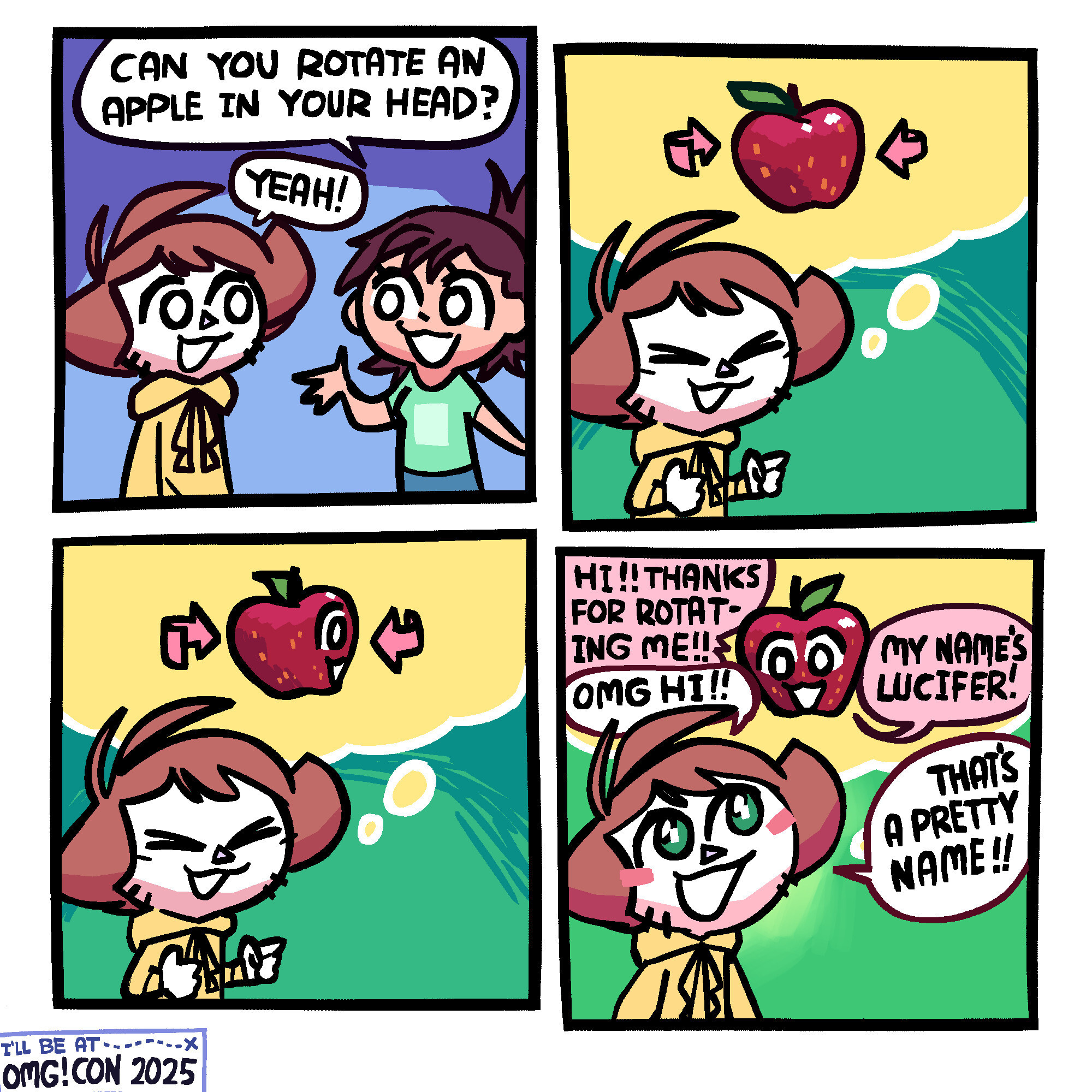this post was submitted on 27 May 2025
519 points (96.8% liked)
Comic Strips
16778 readers
2442 users here now
Comic Strips is a community for those who love comic stories.
The rules are simple:
- The post can be a single image, an image gallery, or a link to a specific comic hosted on another site (the author's website, for instance).
- The comic must be a complete story.
- If it is an external link, it must be to a specific story, not to the root of the site.
- You may post comics from others or your own.
- If you are posting a comic of your own, a maximum of one per week is allowed (I know, your comics are great, but this rule helps avoid spam).
- The comic can be in any language, but if it's not in English, OP must include an English translation in the post's 'body' field (note: you don't need to select a specific language when posting a comic).
- Politeness.
- Adult content is not allowed. This community aims to be fun for people of all ages.
Web of links
- !linuxmemes@lemmy.world: "I use Arch btw"
- !memes@lemmy.world: memes (you don't say!)
founded 2 years ago
MODERATORS
you are viewing a single comment's thread
view the rest of the comments
view the rest of the comments

A friend of mine has that condition where she can't visualize things. I wonder how she would like this comic. My guess is she'd crack a joke about it being a good thing she can't do this.
I've got aphantasia and honestly the comic kinda reminds me of how I feel 'left out' but I also spent most of my life trying to draw and only found out about the term a few years ago making me realize I spent so much time following a dead end. that's just a me thing tho
I should preface this by saying that this is just my opinion and that I may be completely wrong.
I'm convinced that for 99% of people thinking they have aphantasia, it's just a miscommunication about what it means to "see" something in your mind. When people picture something in their mind, they can't literally see it in the way that they would see something with their eyes. Seeing something in your mind is just having an understanding of what it would look like.
People will say that they can "see" whatever you're asking them to "picture" but they only ever hold an understanding of what the thing would look like. This understanding can be elaborate but there is not actually an experience that could be perhaps better described as a visual hallucination.
If you visualize a cube in your mind, you don't actually see it. You just understand where all the lines, faces, and vertices would be. If you rotate it in your mind, you understand how those angles and the appearance would change at each moment as it rotates. You can even superimpose where these lines would go onto something you're looking at, but still you don't actually see it there, you just understand how you would perceive it, where the edges would go, what it would obstruct.
The reason that I'm convinced that people only hold concepts and visual understanding in their minds and not actual images is that most people are pretty bad at drawing. When people do start drawing, they create a representation of the sparse landmarks that actually made up their visual idea and then they have to start filling in the details using reasoning and logic. Artists and people who practice drawing get better at this, are more attentive to detail and learn techniques to make more convincing images. If people actually saw complete images in their minds, they'd be far easier to recreate and I think everyone would be more artistically inclined.
Furthermore, unlike "seeing" when you picture something while conscious, I think dreams actually do include visual hallucinations that can seem similar to actual visual perception.
Sounds like somoene with aphantasia would say.
But jokes aside, it's most likely a significan difference since people with aphantasia would lack the physical reaction to inner images.
For example, when a normal person is asked to imagine a bright light source, a slight dilation of pupil can be noticed. Kinda shocking to find out that tbh.
Source: https://pmc.ncbi.nlm.nih.gov/articles/PMC9018072/